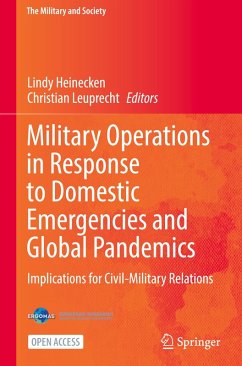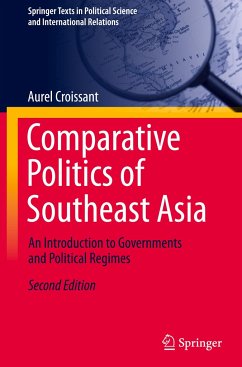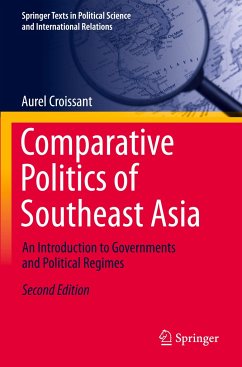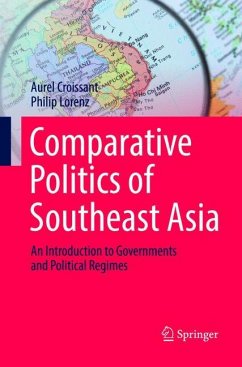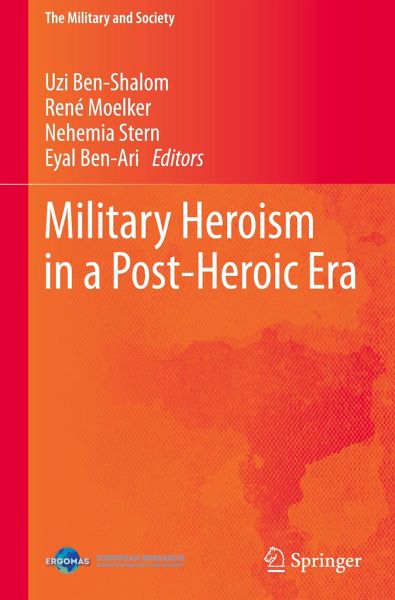
Military Heroism in a Post-Heroic Era

PAYBACK Punkte
49 °P sammeln!
This book explores the variety of forms that individual heroism and sacrifice can take in the context of contemporary military conflicts. It addresses three key questions: How has an enduring ideal of heroism been transformed by the nature of modern warfare? Are we now witnessing the emergence of new forms of exemplary military behavior? And, have new ideals of heroism (and by association, sacrifice or bravery) been added to older forms in the recent past? The book advocates viewing the concept of military heroism as a moral category, in which its theoretical definition and empirical practice ...
This book explores the variety of forms that individual heroism and sacrifice can take in the context of contemporary military conflicts. It addresses three key questions: How has an enduring ideal of heroism been transformed by the nature of modern warfare? Are we now witnessing the emergence of new forms of exemplary military behavior? And, have new ideals of heroism (and by association, sacrifice or bravery) been added to older forms in the recent past? The book advocates viewing the concept of military heroism as a moral category, in which its theoretical definition and empirical practice reflect those factors that are seen as being vital for society itself. The key theoretical and topical challenges addressed in the respective chapters focus on how ideas of heroism become entwined with issues of individualization (bolstered by the cultural assumptions of neo-Liberalism), the spread of the human rights discourse, and the judicialization, marketization and mediatization ofarmedforces. The book was written by experts on military studies, including many who are currently active military personnel. It includes contributions from a variety of disciplines, e.g. anthropology, sociology, psychology, and political science.




